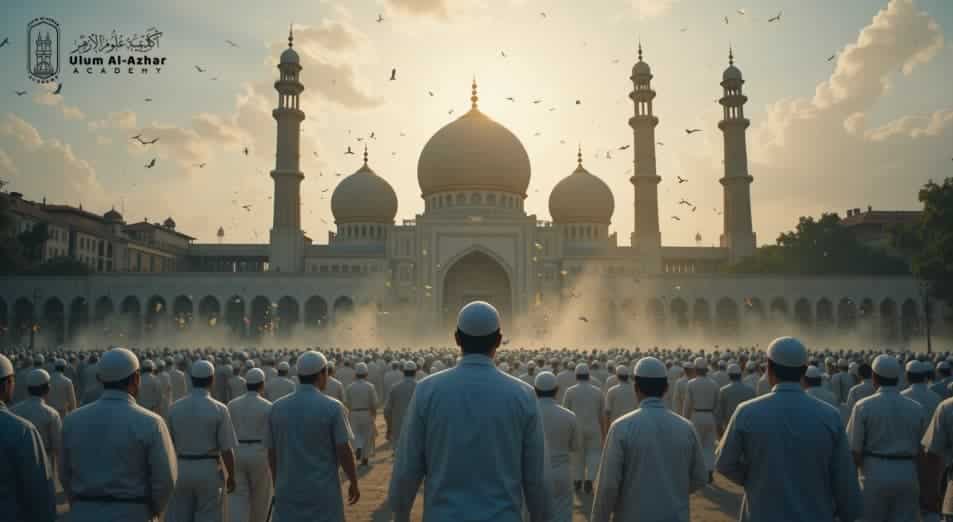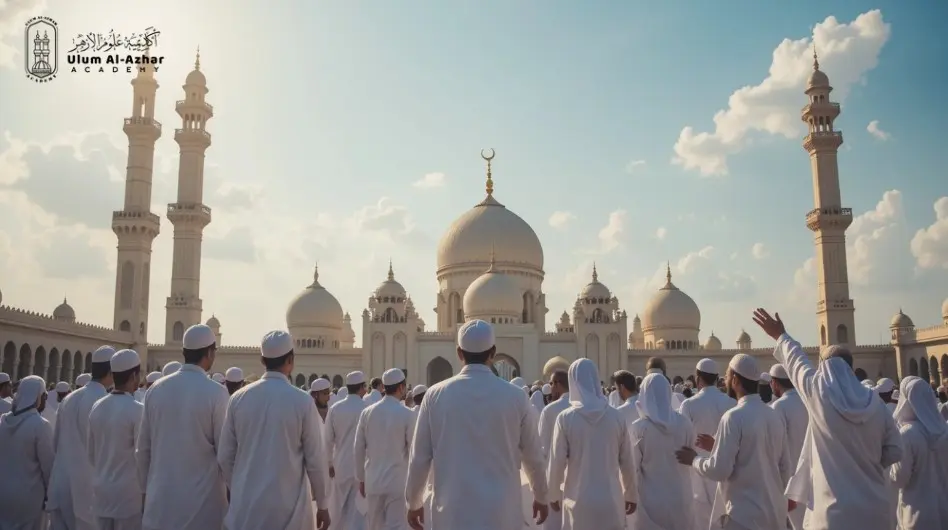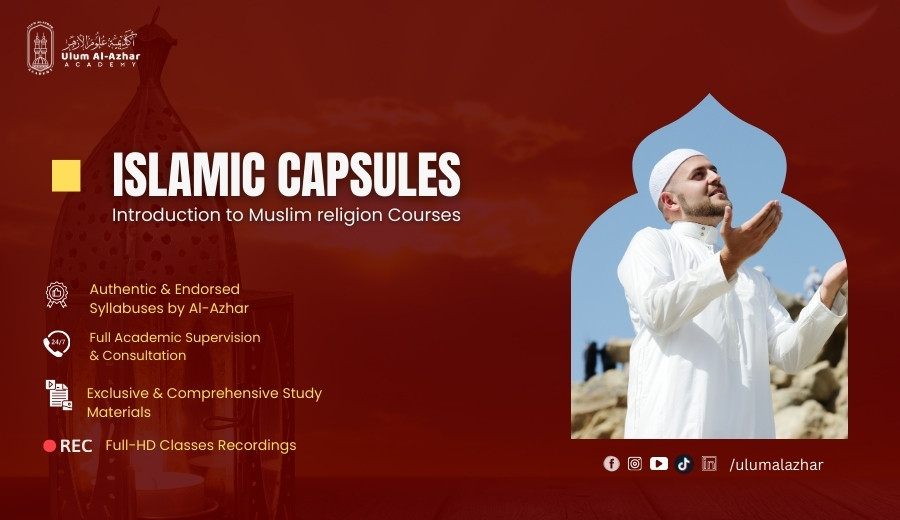
Define eid al-fitr: Meaning, Significance, and How Muslims Celebrate It
To define Eid al-Fitr, you’ll find it to be much more than just a holiday. It is a sacred occasion that marks the end of Ramadan, a month of fasting, reflection, and spiritual growth.
Eid al-Fitr is a celebration, thanksgiving, and act of kindness when Muslims come together to celebrate the end of a month-long act of righteousness and to share their blessings with the poor.
It is not only a celebration of the breaking of the fast, but also purification of the soul and an opportunity for renewal.
What Is Eid al-Fitr? A Complete Explanation

To Define Eid Al-Fitr, Eid al-Fitr is one of the two major Islamic festivals, which marks the end of Ramadan, the sacred month of fasting. Eid al-Fitr actually means “Festival of Breaking the Fast,” which symbolizes joy, gratitude, and spiritual renewal.
Muslims around the world celebrate this festival with special prayers, charity, and social gatherings. Islamic tradition stresses the religious and social aspects of Eid. The Quran states:
“…that you must complete the period (of fasting), and that you must glorify Allah for having guided you so that you may be grateful.” (Surah Al-Baqarah 2:185)
The Prophet Muhammad (peace be upon him) further stated:
“The fast hangs in suspension between Heaven and Earth until the Sadaqat al-Fitr (Zakat al-Fitr) is paid.” (Ibn Majah, 1827)
This hadith shows the importance of charity to make Eid a day of celebration for all people, including the poor.
Begin your Private Islamic learning journey with a free Consultation session by Sheikhs from Al-Azhar, Egypt!
Eid al-Fitr: Meaning and Significance in Islam
Eid al-Fitr is a most significant Islamic holiday marking the completion of Ramadan, the sacred month of fasting. Eid al-Fitr is a day of thanksgiving, joy, and religious achievement, reminding everyone of the mercy and blessings of Allah.
In order to define Eid al-Fitr, we must comprehend its deeper meaning beyond the celebration—it signifies purifying the soul, Muslim unity, and generosity.
Discover when is El Eid and more!
1. Define Eid Al-Fitr: Celebration of Spiritual Effort
Eid al-Fitr is also one of the fundamental elements defining it as the reward for everyone who has borne the month of fasting patiently and devotedly.
Ramadan is all about self-mortification and augmentation of worship, and Eid marks the day that Muslims celebrate gratitude to Allah for granting them endurance to fulfill this holy obligation.
The Quran emphasizes this status:
“…that you must complete the period (of fasting), and that you must glorify Allah for having guided you so that you may be grateful.” (Surah Al-Baqarah 2:185)
The above is based on the importance of the completion of Ramadan as a period of thanking Allah and remembering Allah.
Discover the best Qadar night dua to recite and more!
2. The Importance of Charity and Helping Others
In order to Define Eid al-Fitr adequately, one must also acknowledge its component of charity and social obligation. The festival ensures that everyone, even the needy, can partake in the festivities of Eid through the practice of Zakat al-Fitr.
The Prophet Muhammad (peace be upon him) said:
“The fast hangs in suspension between Heaven and Earth until the Sadaqat al-Fitr (Zakat al-Fitr) is given.” (Ibn Majah, 1827)
This hadith shows that before the celebration, Muslims need to first fulfill their duty of giving so that no one in the community remains hungry or deprived on this auspicious day.
3. Define Eid Al-Fitr: Praising Brotherhood and Unity
Another integral element that define Eid al-Fitr is unity and building of relationships. During Eid, Muslims come together to pray, meet friends and relatives, and greet each other. The Eid prayer, recited in enormous crowds, indicates the unity of the Muslim Ummah.
Social unity during Eid was advocated for by the Prophet Muhammad (peace be upon him), as he said:
“Give gifts to one another, and you will love one another.” (Al-Adab Al-Mufrad, 594)
This tradition instills love, forgiveness, and belongingness, and so Eid becomes a reconciliation day and day of new friendships.
Discover how many Taraweeh prayer Rakat are there and more!
Why Is It Called Eid al-Fitr? The Origins of the Name

To understand Eid al-Fitr, we must find out the origin of its name. Eid al-Fitr is a name that has been derived from two Arabic words:
Eid (عيد) – “festival” or “celebration.”
Fitr (فطر) – “breaking the fast” or “return to a natural state.”
Thus Eid al-Fitr literally “the Festival of Breaking the Fast,” the feast which ends Ramadan, the fasting month. It is a festival of joy, gratitude, and rejuvenation, marking the completion of a significant act of piety and return to terrestrial life with a purified soul.
The Relationship Between Fasting and Eid al-Fitr
In order to properly define Eid al-Fitr, identification with Ramadan and fasting is required. With thirty days of self-abstinence and religious practice, Muslims celebrate a festive occasion commemorating the triumph to be able to fulfill Allah’s command and pay tribute for the guidance received.
This is the beauty of Eid al-Fitr—it’s an occasion for submission, gratitude, and the benevolence of Allah.
Discover the 10 importance of Fasting in Islam and why it is important!
When Did Muslims Start Celebrating Eid al-Fitr?
To be able to define Eid al-Fitr and learn about its origin, we need to go back to the time of the Prophet Muhammad (peace be upon him).
Eid al-Fitr was first celebrated in the second year of Hijrah (624 CE), when the Madinah Muslims completed their first Ramadan fasting according to Allah’s command. The Prophet Muhammad (peace be upon him) instituted this festival as a Thanksgiving Day, prayer, and charity.
The Prophet Muhammad (peace be upon him) said:
“God has blessed you with two days better than theirs: Eid al-Fitr and Eid al-Adha.” (Sunan Abu Dawood, 1134)
This hadith testifies that Eid al-Fitr was established by God and is one of the two major Islamic festivals.
Eid al-Fitr vs. Eid al-Adha: Key Differences Explained
To define Eid al-Fitr and determine how it differs from Eid al-Adha, one should consider that both are major Islamic holidays but for religiously different reasons. The table below indicates the principal differences:
| Feature | Define Eid al-Fitr | Eid al-Adha |
| Meaning | “Festival of Breaking the Fast”—celebrates the end of Ramadan. | “Festival of Sacrifice”—commemorates Prophet Ibrahim’s (AS) willingness to sacrifice his son for Allah. |
| When It Is Celebrated | 1st of Shawwal (Islamic month after Ramadan). | 10th of Dhul-Hijjah (last Islamic month, during Hajj). |
| Religious Significance | Marks the completion of fasting and a time of gratitude. | Symbolizes faith, obedience, and sacrifice in honor of Prophet Ibrahim (AS). |
| Type of Worship | Includes Eid prayer, Zakat al-Fitr (charity), and celebrating with family. | Includes Eid prayer, Qurbani (animal sacrifice), and giving meat to the poor. |
| Charitable Acts | Zakat al-Fitr (mandatory charity before Eid prayer). | Distributing meat from sacrificed animals to those in need. |
| Connection to Fasting | Follows a month of fasting in Ramadan. | Occurs during Hajj, but fasting is not required. |
| Hadith Reference | The Prophet (peace be upon him) said: “For every nation, there is a festival, and this is our festival.” (Sahih al-Bukhari, 952) | The Prophet (peace be upon him) said: “The greatest day in the sight of Allah is the Day of Sacrifice.” (Sunan Abu Dawood, 1765) |
Explore the sacred and blessed times in Islam with Ulum Al-Azha!
Join our Sacred Months in Islam & Blessed Times course to discover the significance of holy months, special seasons, and the ways to maximize barakah in your life. Don’t miss this opportunity to deepen your connection with Allah and remember the Days of Allah! Enroll now and make the most of these divine moments!

Conclusion
To define Eid al-Fitr, it is not just a festival but a spiritual reward for those who fast during Ramadan. It is a day of happiness, gratitude, and generosity, reminding Muslims to continue their acts of worship and kindness throughout the year.
Book a free Consultation session and start learning!
FAQs
What is forbidden during Eid al-Fitr?
During Eid al-Fitr, fasting is forbidden, as it is a day of celebration and gratitude after a month of fasting in Ramadan.
Can I say happy Eid al-Fitr?
Yes, you can say “Happy Eid al-Fitr” as a warm greeting to celebrate the occasion
Tag:Define eid al fitr in arabic, Define eid al fitr in english, Define eid al fitr in islam, define eid al-fitr, Eid al Adha, Eid al-Fitr, eid al-fitr end of ramadan, how is eid al-fitr celebrated, What does the name Eid ul-Fitr mean, What is Eid, What is Eid al-Fitr, What is forbidden during Eid al-Fitr, What is the difference between Eid al-Fitr and Eid Mubarak, What is the meaning of Eid al-Fitr
